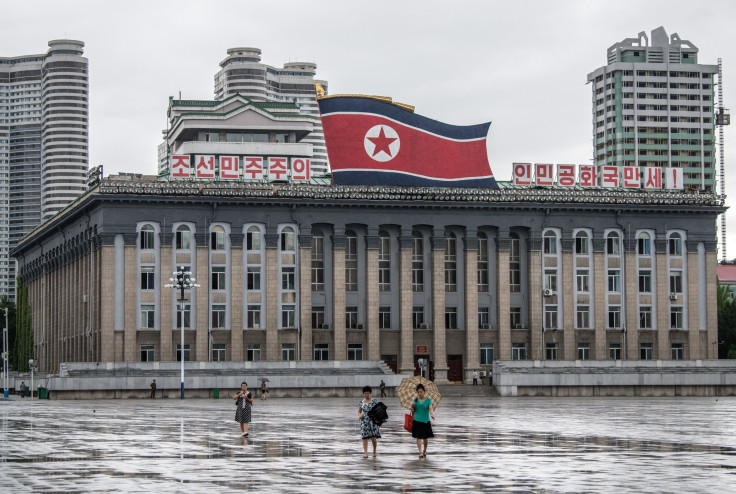North Korea News: Thousands Of Country's Citizens Have Died Due To Sanctions, Report Claims

A report released Wednesday by a peace organization suggests that sanctions, along with a lack of humanitarian assistance, caused the deaths of nearly 4,000 North Koreans last year.
The report — "The Human Costs And Gendered Impact Of Sanctions On North Korea" — was written by Korea Peace Now and says that "there is increasing evidence that the sanctions regime on the DPRK is having adverse humanitarian consequences."
The report said that it is possible to estimate that at least 3,968 North Koreans died last year, with 3,193 of them being children under five and 72 of them being pregnant women.
The report contends that both unilateral and U.N.-led sanctions on North Korea "amount to an almost total ban on North Korea-related trade, investment and financial transactions" and that these sanctions hamper humanitarian assistance. The organization says that these sanctions "also negatively impact human rights including the rights to life, food, health and development."
North Korea is facing a humanitarian crisis, with the U.N. saying that over 40% of the North Korean population is lacking nutritious food, clean water and basic health services. The report also said that the sanctions have exacerbated violence towards women along with human trafficking.
The report suggests that the U.N. reduce sanctions that violate international law and that the North Korean government should work more closely with humanitarian groups to help its citizens.
The U.S. and North Korea are currently in talks to reduce sanctions in exchange for Pyongyang giving up its nuclear program. U.S. and North Korean negotiators met in Sweden earlier this month for talks, but the discussions fell through on the first day. Over the past two years, Trump and North Korean leader Kim Jong Un have met in Hanoi, Vietnam and Singapore to discuss the issue, but so far no concrete deal has been achieved.
North Korea's isolation has exacerbated its humanitarian crises. In the 1990s, North Korea experienced a famine, due to a series of droughts and floods. Some reports suggest that as many as 2 million people died in the crisis, as North Korea lost support due to the collapse of its ally, the Soviet Union.
© Copyright IBTimes 2025. All rights reserved.





















